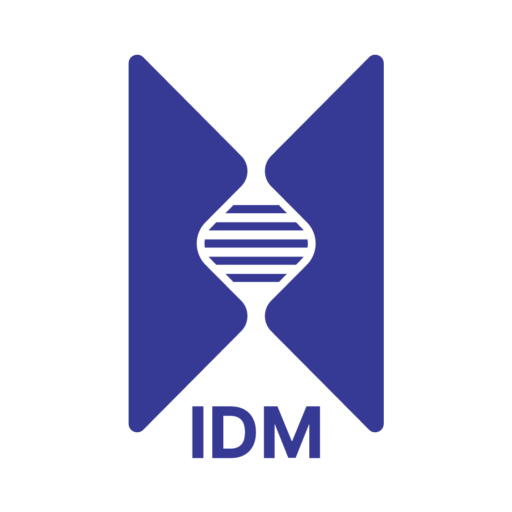Belgrade – March 26 2012
IDM together with other six partner organizations from the Western Balkans presented in Belgrade / Serbia, the findings of the three-year long research on key achievements and weaknesses in the accountability of security sectors in the western Balkas Countries. During the meeting which took place in Belgrade City Hall, reprentatives from each organization presented the conclusions of the research related the reforms conducted in the respective WB countries, stressing the most important obstacles and problems in the process.
IDM Senior Researcher Arjan Dyrmishi provided for the audience the main conclusions of the research conducted in different fields of observations regarding security sector reforms in Albania which are published in the publication : Almanac of the Security Oversight in the Western Balkans. Dyrmishi noted that Albania is among those Western Balkans countries which made major progress in security sector reform. “Albania reduced the army forces five times and dramatically transformed police and intelligence, and managed to become NATO member by improving capabilities. However, building of accountability mechanism is still lagging behind due to poor implementation of standards and use of informal power to bypass legislation, but also as result of taking for granted the role of international community, which has been very present in Albania”, he said adding that dealing with this issue requires a lot of improvements in state legal and constitutional framework.
Serbian Ombudsman Saša Janković highlighted that significant steps forward have been made in functioning of actors in security sector in Western Balkans during last decade, but that it doesn’t mean that reform is finished and that the process is irreversible. He noticed that it is clear from Almanac that there is great precaution in the region regarding reforms in security sector and that therefore significant amount of public opinion on this matter is mystified or simplified. The politicization of the security sector can be considered a common obstacle in the region while other issues such as transparency, accountability, implementation of the reforms etc vary from country to country.
The Almanac on Security Oversight in the Western Balkan is a key output of a three-year long collaborative research project of seven Western Balkan think-tanks focused on improving the capacity of civil society organisations to map and monitor security sector governance and encourage security sector reform in Albania, Bosnia and Herzegovina, Croatia, Kosovo, Macedonia, Montenegro and Serbia. The unique component of this project has been an attempt to advance the methodology for mapping and monitoring security sector reform which was originally developed by the Belgrade Centre for Security Policy. At the launch of Almanac’ the grades for quality of parliamentary control and oversight, general and financial transparency will be presented.
The partners of this project, which was entitled “Civil Society Capacity Building to Map and Monitor SSR in the Western Balkans” and which ran from early 2009 to early 2012 include: Analytica, Skopje; Belgrade Centre for Security Policy – BCSP (Belgrade); the Centre for Security Studies (CSS), Sarajevo; the Center for Democracy and Human Rights (CEDEM), Podgorica; the Kosovar Centre for Security Studies (KCSS), Pristina; the Institute for International Relations (IMO), Zagreb; and the Institute for Democracy and Mediation (IDM), Tirana. Additionally, the project was supported by DCAF and funded by the Norwegian Ministry of Foreign Affairs.


